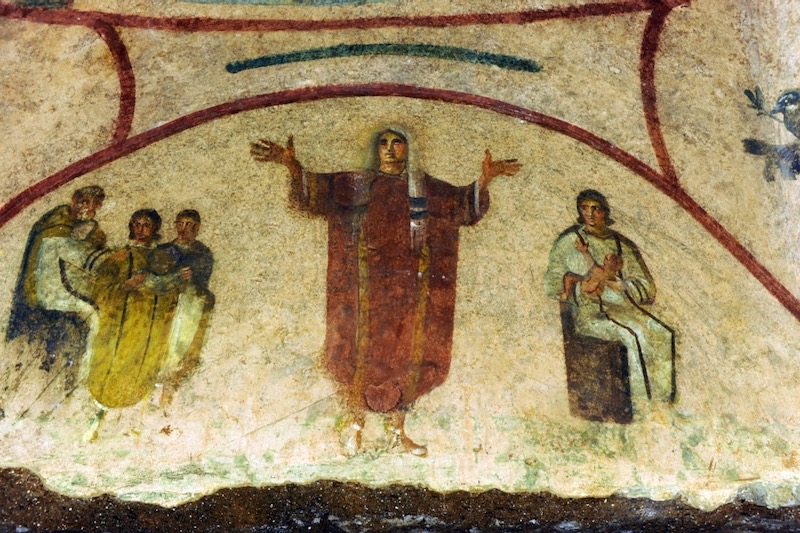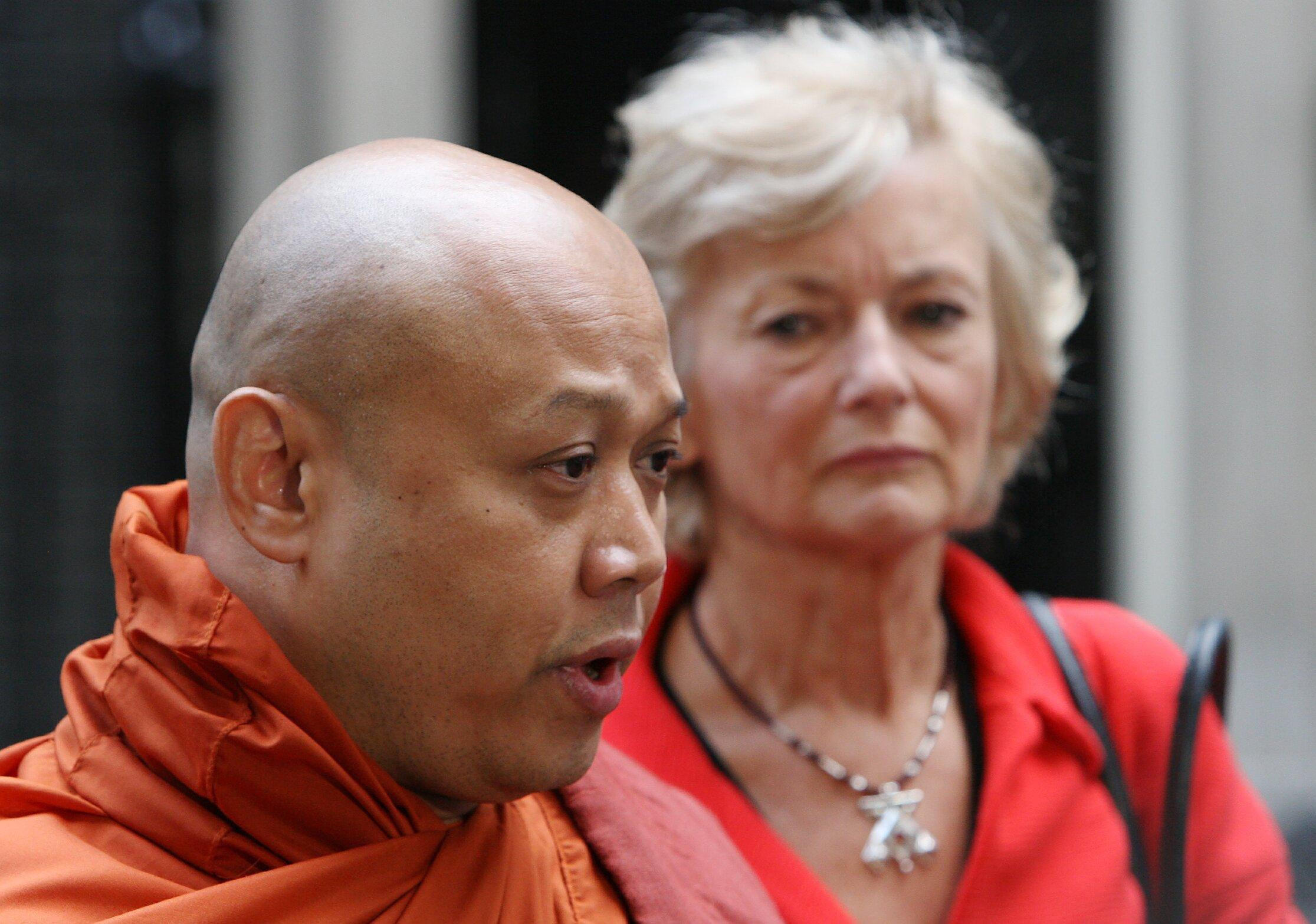The death of Glenys Kinnock robs the United Kingdom of one of its most talented, passionate and inspiring politicians and public servants. That she spent her final six years battling Alzheimer’s compounds the tragedy. She was clearly beautifully cared for by her devoted husband, former Labour Party leader Neil Kinnock, her son, current Shadow Immigration Minister Stephen Kinnock MP, and his sister Rachel.
I had the great privilege of getting to know and work with Glenys, through our shared commitment to the struggle for human rights and democracy in Burma/Myanmar. Many times she and I were at the same meetings, events and receptions for Burma.
On one occasion, in 2007, during Gordon Brown’s premiership, she helped convene an urgent meeting at 10 Downing Street to discuss responses to the “Saffron Revolution” protests. We worked together to co-ordinate responses to the 2008 Cyclone Nargis humanitarian disaster in the country.
I will never forget the first time we sat down one-to-one. We met for tea in the House of Lords. We had met many times before, but always with others, at wider events. I was working for a human rights organisation called Christian Solidarity Worldwide (CSW) at the time. As we sat down, she fixed me with her eyes and asked: “So how Christian is CSW?”
I told her that our ethos was based on Christian faith, interpreted ecumenically across all Christian traditions – Protestant, Catholic and Orthodox – and that our staff, board and most of our supporters were Christians of one denomination or another. But, I emphasised, we had two clear principles: we do not proselytise, and we champion freedom of religion or belief for everyone, everywhere, of all faiths and none, no exceptions. Our work is rooted in Article 18 of the Universal Declaration of Human Rights – the right to choose, practice, share and change your beliefs.
I also shared with her my own advocacy of an Indonesian atheist who had been jailed because of his atheism. I had visited him in prison, twice, and campaigned for his release. When she heard this, she smiled warmly and with a mischievous twinkle. “Great. I am a raving atheist. Given what you have told me, we can work well together,” she said.
On another occasion, in 2016, I took Burma/Myanmar’s first-ever cardinal, the Catholic Archbishop of Yangon Charles Bo, to tea with her. He was on a tour of the United Kingdom. Introducing His Eminence to Baroness Kinnock, I told her that he had been speaking in Scotland – in Edinburgh and Glasgow – as well as the north of England, including Lancaster and Liverpool, and various locations in the South of England.
“So you haven’t been to Wales?” she asked.
Immediately I knew what she was getting at. I knew how much she loved her homeland. Shamefacedly, I acknowledged that I had not taken the cardinal to Wales.
She gave me a mock reprimand. On one level it was heartfelt, because she loved Wales. But on another level, I knew it was her mischievous humour at work again, teasing me.
“Naughty,” she said. “Next time you must bring the cardinal to Wales.”
Whenever I met her, Glenys brimmed with passion, energy, humanity, humour and warmth. She inspired me enormously.
While in my human rights advocacy I have always worked cross-party and built bipartisan alliances, Glenys knew my politics (though we never discussed it) and yet knew we had a common cause.
And because in my advocacy I have always worked in an inter-faith and inter-belief way, with allies of all religions and with humanists and secular human rights groups, and she knew that, we immediately knew we were soul-mates.
In a world where politics and religion have become so increasingly tribal, my relationship with and admiration for Glenys Kinnock is a testament to the idea that certain causes transcend party politics and religious doctrine.
Few people have been more steadfast in their loyalty to the Labour Party than Glenys, and few have been more trenchant in their defence of humanist values and atheist thinking. And while I am not uncritical of either my party or my church, few have stuck with the Conservative Party, Christianity and the Catholic Church more solidly than I have. Yet despite those differences, Glenys Kinnock is one of my political heroes.
Sir Keir Starmer paid tribute yesterday to Margaret Thatcher’s character. Today, may I return the favour by respecting a truly great public servant, stateswoman and parliamentarian in Glenys Kinnock.
My admiration for Glenys is only strengthened by the final battle she faced in the last years of her life.
My own father died almost four years ago, and he suffered from dementia in his last years. So I know what it is like to have a parent whose mind is not what it was, who imagines things that are not what they are, and who claims experiences that are not real.
Sometimes such conversations are amusing – and I remember laughing many times with my father over experiences imagined and not real. But sometimes such encounters are painful. So often they are far removed from the great mind and the great person they once were. With that shared experience, I express my solidarity – and of course my sincere and profound condolences – to Neil, Stephen and Rachel Kinnock, who spoke publicly so courageously last year about Glenys’ condition.
Glenys’ politics and view of religion was different from mine. But she was a democrat, a humanitarian, a passionate defender of human rights and a true servant of humanity, and with those four shared values, it was a privilege for me to work alongside her. Indeed, those four values mean we have more in common than the partisan differences that divide us. In this increasingly polarised world, she and I found deep human values that transcend tribe and creed. She will be greatly missed. May she rest in peace.
Benedict Rogers a writer and human rights advocate. He is co-founder and Chief Executive of Hong Kong Watch, co-founder and Deputy Chair of the Conservative Party Human Rights Commission and author of seven books, including “The China Nexus: Thirty Years In and Around the Chinese Communist Party’s Tyranny” and “From Burma to Rome: A Journey into the Catholic Church”.



 Loading ...
Loading ...
What do you think?
You can post as a subscriber user ...
User comments (0)